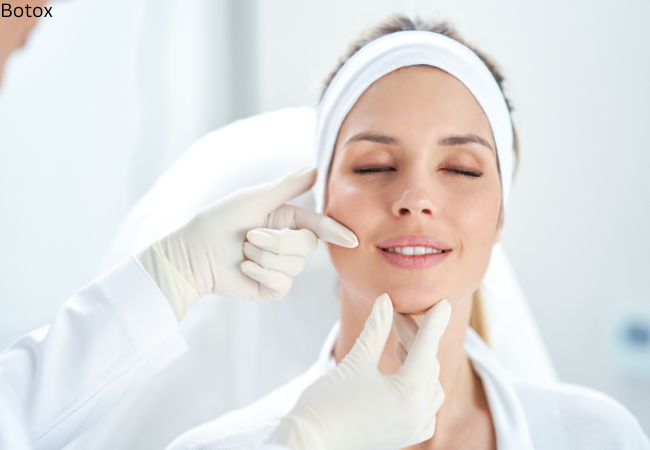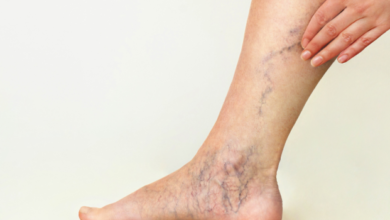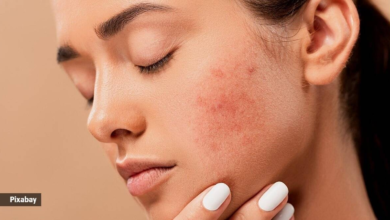Introduction to Bruxism
Bruxism Birmingham, commonly known as teeth grinding, affects many individuals. This condition can lead to various dental problems, including worn-down teeth and jaw pain. While traditional treatments include mouthguards and stress management, Botox has emerged as a promising alternative.
What is Botox?
Botox, derived from the bacterium Clostridium botulinum, is a neurotoxin that temporarily paralyzes muscles. It has been used for years in cosmetic procedures to reduce wrinkles. Recently, its application has expanded to medical treatments, including bruxism.
How Botox Treats Bruxism
Botox works by relaxing the muscles responsible for teeth grinding. When injected into the jaw muscles, it reduces their ability to contract forcefully. This relaxation alleviates the symptoms of bruxism, such as headaches, jaw pain, and tooth damage.
The Procedure
The Botox treatment for bruxism is straightforward. A healthcare professional injects small amounts of Botox into the masseter muscles. These are the primary muscles involved in chewing and grinding. The procedure takes about 10 to 15 minutes and requires minimal downtime.
Benefits of Botox for Bruxism
Using Botox for bruxism offers several advantages:
Reduction in Pain: Botox helps in alleviating the jaw and headache pain associated with bruxism.
Protection of Teeth: By reducing grinding, Botox protects against tooth wear and fractures.
Non-Invasive: The procedure is quick and does not require surgery.
Minimal Side Effects: Most patients experience only minor side effects, such as temporary swelling or bruising at the injection site.
Who Can Benefit from Botox Treatment?
Individuals who suffer from chronic bruxism and have not found relief with other treatments may benefit from Botox. It is particularly useful for those who experience significant pain or tooth damage due to grinding.
Considerations and Risks
While Botox is generally safe, it is essential to consult with a qualified healthcare professional before undergoing treatment. Possible side effects include muscle weakness and difficulty chewing. However, these effects are usually temporary and resolve within a few weeks.
Conclusion: A New Smile with Botox
Botox provides a novel solution for those struggling with bruxism. By relaxing the jaw muscles, it reduces pain and prevents further dental damage. For individuals seeking relief from teeth grinding, Botox offers a promising and effective treatment option. Consult with a healthcare provider to determine if Botox is the right choice for you.




